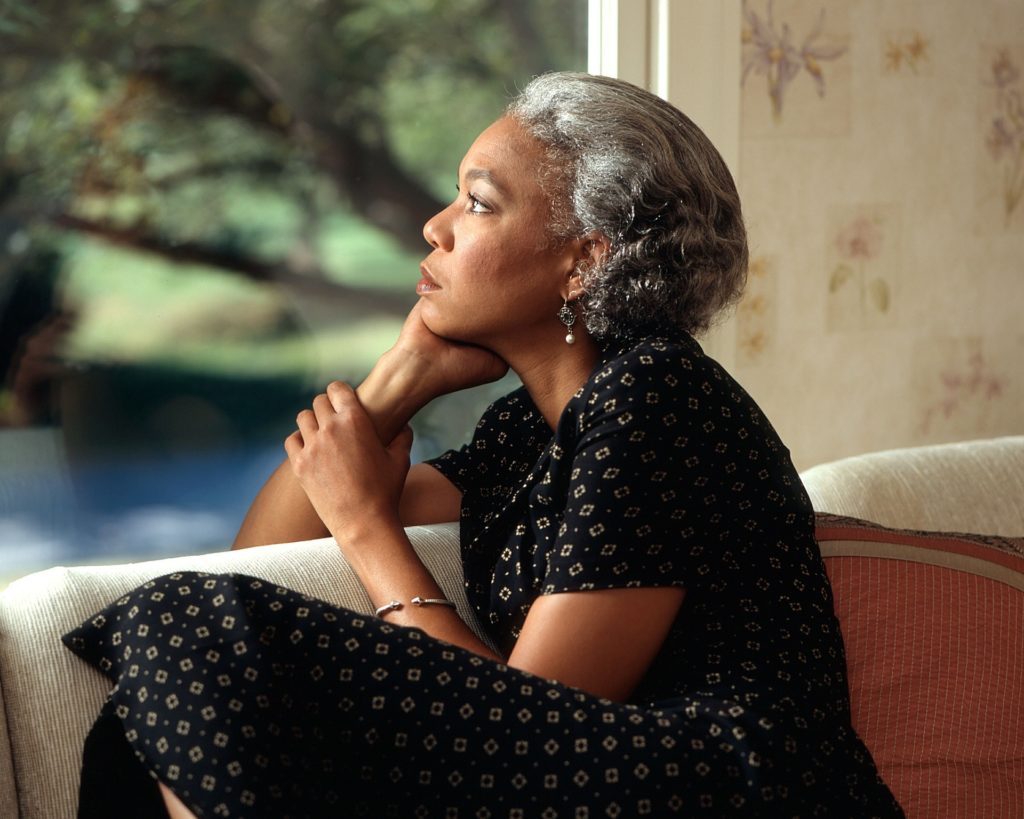- Calls to this hotline are currently being directed to Within Health, Fay or Eating Disorder Solutions
- Representatives are standing by 24/7 to help answer your questions
- All calls are confidential and HIPAA compliant
- There is no obligation or cost to call
- Eating Disorder Hope does not receive any commissions or fees dependent upon which provider you select
- Additional treatment providers are located on our directory or samhsa.gov
Mending Broken Relationships in Anorexia Recovery

Contributor: Kirsten Haglund, Community Relations Representative for Timberline Knolls Residential Treatment Center and Founder and President of the Kirsten Haglund Foundation
An eating disorder does not develop in isolation. There are a variety of contributing factors including environment, past trauma, and, of course, the people in your community. Eating disorders affect the individual struggling and the people surrounding them as well–acquaintances, social media networks, and close relationships with friends and family.
Therefore, it is a necessary part of recovery to work on mending one’s own heart and soul and also mending the relationships that have likely frayed due to or throughout the course of the eating disorder.
Attempting to heal those external relationships, after working so hard to heal the internal one, can seem daunting, if not completely overwhelming. The individual has agency over his or her choices and has learned how to regulate and control emotions, but cannot control other people.
How to move forward as a community after an eating disorder will be complex, fraught with emotion, but also incredibly powerful. Part of the recovery process is accepting that recovery itself is not perfect.
Therefore, complexity, gray areas, and difficult relationships will continue to be a part of life, even long after forgiveness and reconciliation with loved ones happens (or does not).
Nevertheless, mending broken relationships is worth the effort, because healing takes place in community, and will be a powerful source of comfort and prevention against relapse.
Here are three areas to focus on when taking steps toward mending relationships:
Forgiveness

It is so much easier said than done; however, granting full, radical forgiveness to those who have wronged or hurt you is absolutely necessary, even if they have not sought that forgiveness.
This is an important caveat. Forgiveness is not a gift to them, it is a gift to you. It is freedom.
Holding on to hurt, anger, or grief over wrongs done against you, however large, only serves to weigh you down and keep you from an abundant life. Forgiveness does not mean minimizing the wrong done, it is not excusing it, or removing the consequences.
You can cut an unhealthy or outright toxic relationship out of your life and still forgive the person. Or you can reconcile. Either way, pursuing the path of forgiveness toward those who have wronged you or treated you poorly throughout your struggle is the first step toward full healing in relationship.
Asking for Forgiveness from Anorexia
There will also come a time when, after prayer and reflection, you realize that you need to seek forgiveness for actions, intended or not, which have hurt others.
This can be extremely difficult, especially if others are not in a healthy place where they can offer that forgiveness, or they choose to hold on to bitterness.
The important thing is that you have done the reflection and expressed the sincere, humble desire for forgiveness, and if it is healthy, reconciliation. Then, you must relinquish control of their response.
Be prepared that others will not always respond exactly how you would wish them to – that is okay. Eating disorders cause much hurt to everyone involved, and forgiving and seeking forgiveness introduces the generosity of spirit that lays the foundation for relationships to mend.
Also, accept that after reconciliation, relationships will look different, because there is a new paradigm. You both (or you all) have a past now and have worked through things.
Paths with some people might look different than others, but the work of forgiving and asking forgiveness is tantamount to long-lasting emotional and spiritual health for everyone involved.
If you have a relationship with God and feel that your action or behavior has caused him hurt or disappointment, by all means, ask Him to forgive you. The beauty of doing so is that you already know the response.
Unlike people, God forgives immediately and completely. It is so simple: you ask, He forgives…done.
Moving On

Finally, it is important to recognize that certain relationships cannot be mended. With some relationships you must move on, for your own mental, emotional and spiritual health and stability.
Sometimes, you must move on from entire communities of people. Of course, it is helpful to talk through these separations with a therapist and/or trusted friends or mentors.
But some relationships are, in fact, toxic and it is no longer possible to stay in them and remain healthy. Through recovery, you have become a new person, and in your newfound agency, it is important to recognize that you can choose your friends and your community.
A part of the healing process is keeping those who love and support you close and respectfully keeping your distance from those who do not. It is an act of self-love that you will never regret.
Relationships are key to recovery, and mending the broken ones can be exceedingly difficult. However, the effort to heal and reconcile, to forgive and seek forgiveness, and to choose new community is worth it.
Make sure to enlist your treatment team and support network as you pursue healing and grace, and enjoy the new found freedom that comes with embracing the complexity of relationships, and celebrating the warmth and comfort they provide.
Relationships, in the right context and with grace, can be beautiful, intimate, and ultimately, healing.
 About the author: Kirsten Haglund continues to work as an advocate for greater awareness of eating disorders and resources for care. Since she won the crown of Miss America 2008, she has spoken on numerous college campuses, worked with youth and church groups domestically and abroad, lobbied Congress with the Eating Disorders Coalition, and started her own non-profit, the Kirsten Haglund Foundation, to raise funds and assist families financially in seeking treatment for eating disorders. She is also the Community Relations Specialist for Timberline Knolls Residential Treatment Center.
About the author: Kirsten Haglund continues to work as an advocate for greater awareness of eating disorders and resources for care. Since she won the crown of Miss America 2008, she has spoken on numerous college campuses, worked with youth and church groups domestically and abroad, lobbied Congress with the Eating Disorders Coalition, and started her own non-profit, the Kirsten Haglund Foundation, to raise funds and assist families financially in seeking treatment for eating disorders. She is also the Community Relations Specialist for Timberline Knolls Residential Treatment Center.
The opinions and views of our guest contributors are shared to provide a broad perspective of eating disorders. These are not necessarily the views of Eating Disorder Hope, but an effort to offer discussion of various issues by different concerned individuals.
We at Eating Disorder Hope understand that eating disorders result from a combination of environmental and genetic factors. If you or a loved one are suffering from an eating disorder, please know that there is hope for you, and seek immediate professional help.
Published on July 18, 2017.
Reviewed By: Jacquelyn Ekern, MS, LPC on July 18, 2017.
Published on EatingDisorderHope.com

The EatingDisorderHope.com editorial team comprises experienced writers, editors, and medical reviewers specializing in eating disorders, treatment, and mental and behavioral health.

